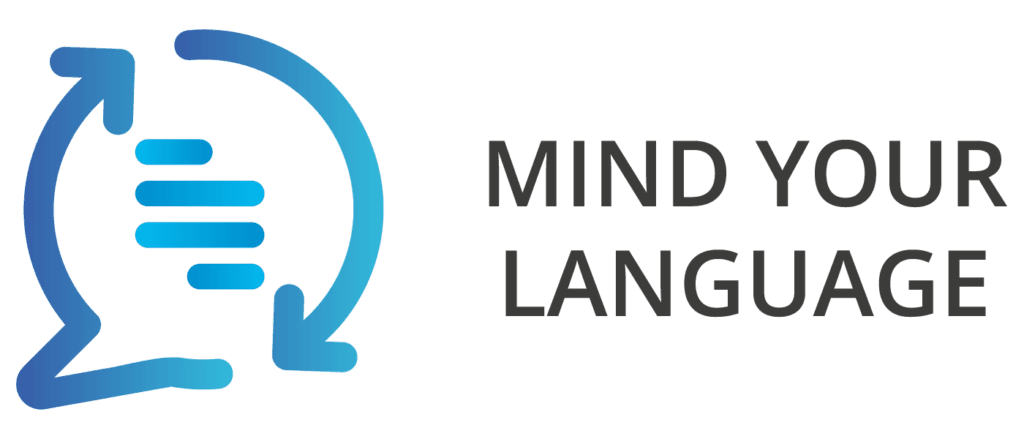In the rapidly advancing landscape of artificial intelligence, the integration of generative AI, particularly in AI translation, has revolutionised the way businesses communicate globally. While the capabilities of these technologies are impressive, the benefits of having a human check generative AI output cannot be overstated, especially for multinational companies operating in key hubs like Singapore and Hong Kong, where high quality native English skills are low.
AI translation has undoubtedly become an indispensable tool for companies aiming to break down language barriers and facilitate seamless communication across diverse regions. The speed and efficiency at which generative AI produces translations are unparalleled, enabling multinational companies to conduct business and engage with stakeholders in real-time. However, relying solely on AI-generated content poses inherent risks that can be mitigated through the implementation of human oversight.
One of the primary advantages of human oversight is the assurance of cultural nuances and context accuracy. While AI translation excels in providing literal translations, it may struggle to capture the subtleties, idioms, and cultural nuances that play a crucial role in effective communication. In Asia, where diversity is a hallmark, understanding and respecting these nuances is paramount. Human editors possess the cultural sensitivity and contextual awareness required to refine translations, ensuring that the message resonates appropriately with the target audience.
Singapore and Hong Kong, as pivotal business hubs in Asia, attract multinational companies seeking to establish a strong regional presence. These companies operate in diverse linguistic and cultural landscapes, making high-quality translation an imperative. Human oversight becomes a strategic necessity in this context, as it guarantees that translations not only convey the intended meaning but also align with cultural norms and expectations specific to each location.
The intricate nature of business communication in Asia demands precision, especially in industries where legal, technical, or medical terminology is prevalent. AI translation may struggle with specialised vocabulary, leading to inaccuracies or misinterpretations. Human editors bring domain expertise to the table, ensuring that the final output meets the high standards required by multinational companies in sectors such as finance, healthcare, and technology.
Moreover, the reputational risks associated with language errors cannot be ignored. In a multicultural and multilingual environment, a minor mistranslation could lead to misunderstandings, confusion, or even unintended offense. Human oversight acts as a safeguard, preventing embarrassing and potentially damaging mistakes that could tarnish a company’s image.
In the ever-evolving business landscape, where the pace of innovation is relentless, companies cannot afford to compromise on the quality of their communications. While AI translation significantly accelerates the process, human editors bring the finesse and intuition necessary to refine the output, ensuring it aligns seamlessly with the company’s brand voice and image.
In conclusion, the benefits of having a human check generative AI output are pivotal for multinational companies operating in Asia, particularly in hubs like Singapore and Hong Kong. The amalgamation of AI translation and human oversight creates a synergy that guarantees high-quality translations, respecting cultural nuances, and catering to the diverse linguistic landscape of the region. As technology continues to advance, the strategic integration of both AI and human expertise will be the key to unlocking effective, accurate, and culturally sensitive communication for multinational companies in Asia and beyond.
Gerry Ball
Founder & CEO

